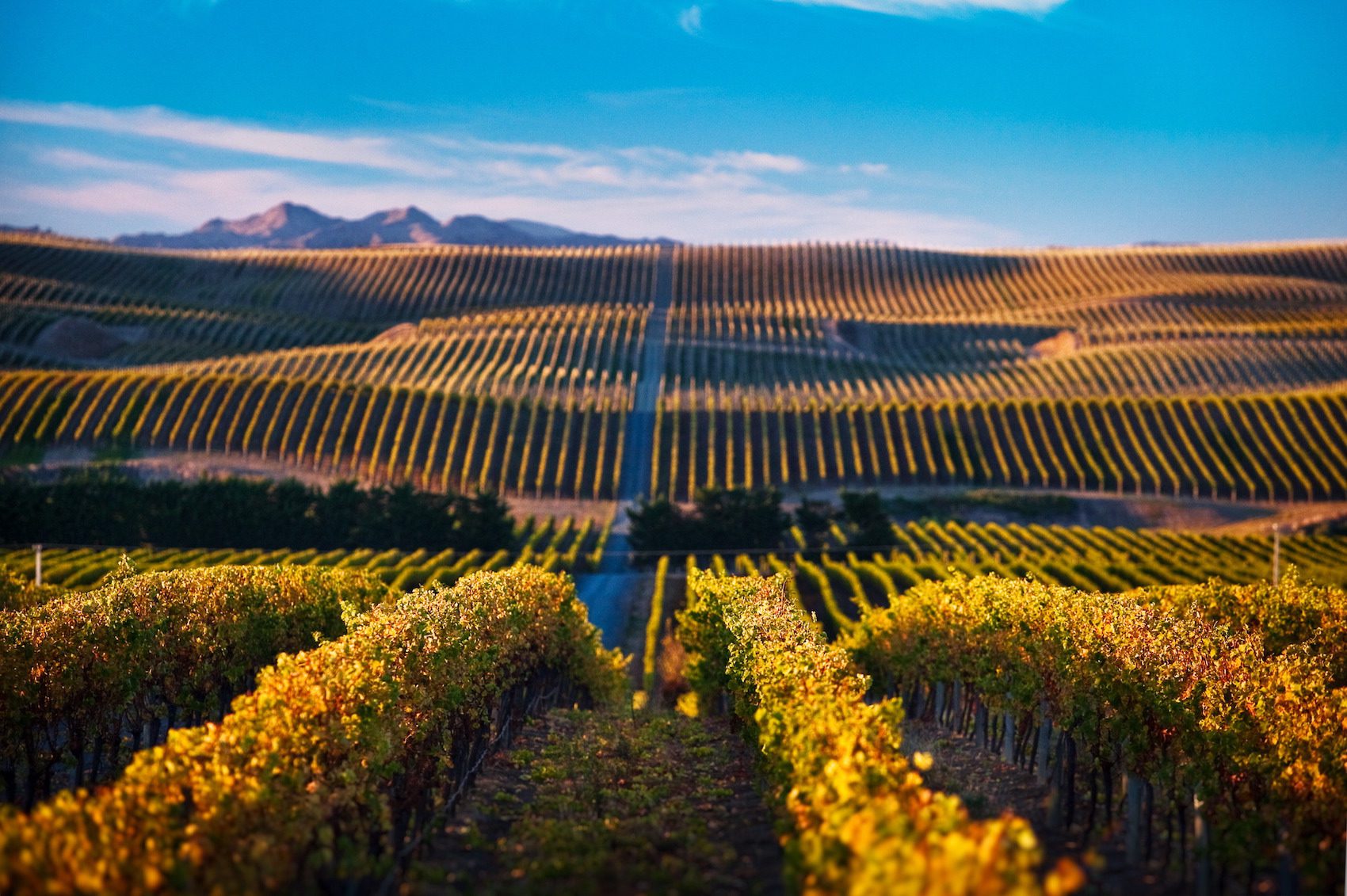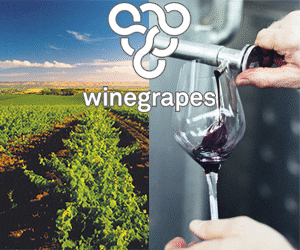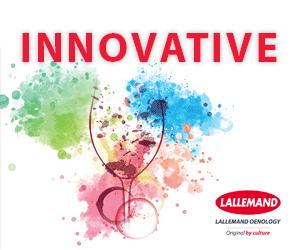
Few would have predicted Marlborough’s rapid ascent to become one of New Zealand’s preeminent – and internationally renowned – wine-growing regions.
This year, the region’s winemakers and growers are celebrating 50 years of Marlborough’s official beginning as a wine region.
Wine Marlborough general manager Marcus Pickens says although planting vines in Marlborough all those years ago might have appeared to be a gamble, Marlborough has the perfect climate for grapes.
“For many of our winegrowing pioneers – Frank Yukich, the Rose, Sutherland, Ibbotson, Marris and Scott families, just to name a few – it would have been gut instinct backed by climate science,” Pickens says.
Marlborough’s first vineyard of Muscat was planted at Auntsfield by Scotsman David Herd in 1873.
Commercial planting didn’t begin until 1973, by Montana Wines in Fairhall.
Throughout the late 1970s and 1980s, many boutique wine brands opened their cellar doors and by 1986 Marlborough was well-known around the world for its cool-climate wines.
Viticulture has continued to expand from 6,831 hectares in 2003 to the nearly 30,000 hectares of vineyard Marlborough boasts today – about 71 percent of the national total.
Annually, Marlborough produces 300 million to 400 million bottles of wine.
“From humble beginnings to now producing 79 percent of New Zealand wine, celebrating this 50-year milestone is something Marlborough, and the entire New Zealand wine industry, can be proud of,” says Charlotte Read, general manager Brand, New Zealand Winegrowers.
“There is no other wine region of the world that has moved from ‘zero to hero’ in just five decades.
“With the value of New Zealand wine exports at an all-time high of $2.4 billion, this proves that globally customers continue to appreciate the vibrant flavours, commitment to quality and sustainability of New Zealand wines, and the distinctive Marlborough character has laid the foundation for our international renown.
“The first commercial planting in 1973 did not only embed a vine in the soil but embed a driven pursuit for quality and ongoing innovation, that now shines throughout the New Zealand wine industry.”
Beth Forrest is the Marlborough Winegrowers Association Board chair. Her parents first planted vines in Marlborough in 1988, and today farm on over 100 hectares.
She says Marlborough has diverse microclimates in a small space, which contributes to some of the region’s signature Sauvignon Blanc styles.
“You don’t have to go far to experience a change in soil profile,” Forrest says.
“Sauvignon Blanc from the Mid-Wairau has an old-school elegance and is austere and mineral-driven.
“But in the Lower Wairau it has more of a tropical fruit profile.
“And then in the Awatere it has that punchy, herbal tomato-leaf character.
“There’s a desire and a real intrigue around the world to know ‘why’ Marlborough wines are so distinct and can’t be replicated.”
Although Marlborough is best-known for its Sauvignon Blanc, Pickens says the region has been well-regarded by afficionados since the 1980s for its traditionally made sparkling wine and, from the late 2000s, for its Pinot Noir.
“Wine has made Marlborough an area with a real global presence,” Pickens says.
“It’s just changed the demographic and made it more multinational.
“It’s a connection to the rest of the planet that has brought vibrancy and innovation to the region.”
Forrest seconds the impact of diversity within grapegrowing and winemaking.
“What I adore about the wine industry is its collegiality,” she says.
“I commend our forebearers for working together to drive change and make space for all types of people and a plethora of ideas.
“It’s about having that industry support network and drive to lift the whole of New Zealand wine.”
Pickens hopes the 50-year milestone inspires wine appreciators around the country to revisit the region and expand their expectations about what defines a ‘Marlborough wine’.
“Wine in Marlborough is a big high-value tourism drawcard,” he says.
“The diversity of our wines, particularly our aromatic varieties, is a real draw – everyone who comes to the region is surprised at the range we have to offer.
“You can meet many of the original families who established wine in Marlborough at cellar doors and tasting rooms – they’re still continuing that legacy of excellence today.”
Pickens hopes the milestone inspires the region to look to the future.
“It’s a timely reason to give a nod to the past, to look back and think, ‘Gosh, there were a lot of people who knew there was something magical here!’
“It allows us to develop a sense of drive and optimism.
“It’s a springboard for Marlborough to become an even more unbelievable force in wine.”
Wine Marlborough Ltd is the trading name of the Marlborough Winegrowers Association, representing the interests of 518 grapegrowers and 160 wine companies, which produce approximately 80 percent of New Zealand’s wine.
The wine industry accounts for 20 percent of Marlborough’s GDP and one in five jobs in the region.
Photo: Yealands Estate (New Zealand Wine).
Related content
Vitis & Winemakers Doubles Footprint in Marlborough













One Comment